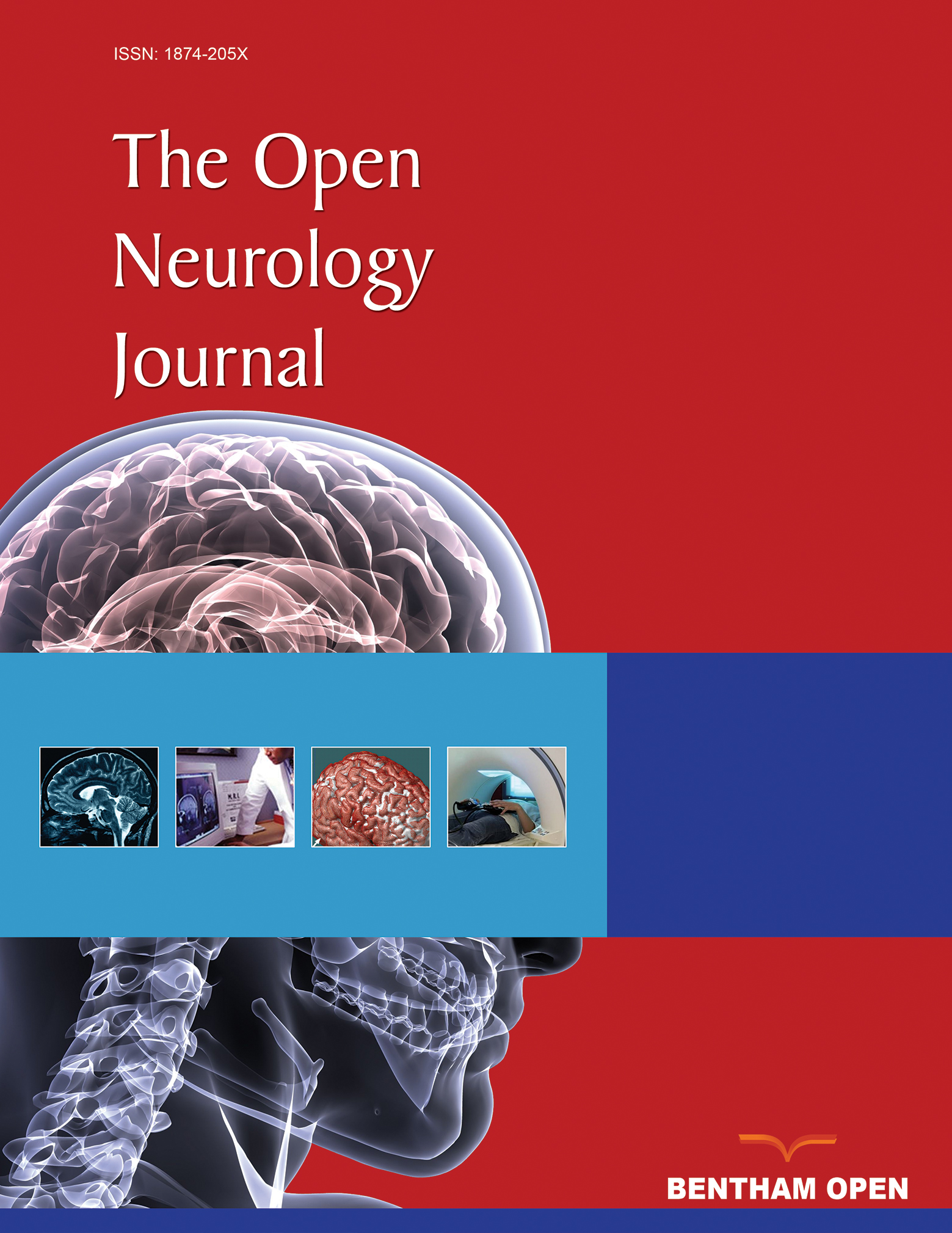All published articles of this journal are available on ScienceDirect.
Cerebrovascular Diseases: Perspectives for the Next Decade
This issue of The Open Neurology Journal addresses with six manuscripts emerging risk factors for cerebrovascular diseases. Even being in the ‘post thrombolysis era’, stroke remains a major cause of death and disability. This is true not only in industrialized but also for developing countries where the burden of stroke is more and more increasing. This is also demonstrated by the growing interest in stroke medicine by the middle east academic community. In particular the collaboration with the Egyptian group headed by Garib Fawi and Mohammed Abdalla Abbas should be highlighted as the burden of stroke is steadily increasing its epidemiological prominence due to the aging of the population. And because of the successful treatments in the field of oncology and infectious diseases. Although the major advances in the understanding of mechanisms of brain ischemia and its risk factors several aspects are still unclear. In this view stroke physicians have been at the forefront of advancing knowledge in this field and continue to be called upon to assist in the diagnosis and treatment of this problem.
The collection of the reviews in the present issues will guide readers to a deeper understanding of stroke disease. In the first two reviews by Marco Bacigaluppi and Dirk Hermann, the authors give a complete overview on the essential animal models researchers can rely in the laboratory to investigate risk factors and pathophysiology of stroke These work is based on the extensive experience by Professor Hermann in stroke research in the last years in the laborotaories of the University Hospital in Zurich and recently at the Essen University Hospital and at Institute of Experimental Neurology in Milan. These reviews might stimulate a more profound interaction between clinics and basic research to improve stroke knowledge and to develop more and more tools to study clinical relevant problems.
From the importance of basic research in stroke the issue moves successively to clinical risk factors. The emerging cardiovascular risk factors are of great importance and need always to be considered in stroke patients. Despite precise guidelines in the management of some cardiovascular risk factors, for others new studies are needed to better define the real risk and the benefit of treatment. The work developed in Friedrich-Schiller-University of Jena by the group of Albrecht Günther focus in the understanding of autonomic disfunction in stroke patients. Their data suggest that research may soon lead to new potential preventive strategies for minimizing brain injury .
The works from the Brain Injury Unit of Foligno and Trevi with the Italian University Hospital of Perugia follows that describes emerging risk factors for cervical artery dissection and cardioembolism. These two are important conditions and more relevant for younger stroke victims. In this papers the necessary diagnostic work up was reassessed more critically than ever before.
In conclusion, the last review offers a wide view on the effect of drugs on cerebrovascular diseases. This topic is clearly discussed by the group of Carlo Poma Hospital of Mantova in which works the dear friend Giorgio Silvestrelli who recommends further studies on drugs safety in vascular diseases.
I hope the readers will appreciate the reviews presented and that this issues might have a positive impact in daily practice and in stimulating new research interest.


